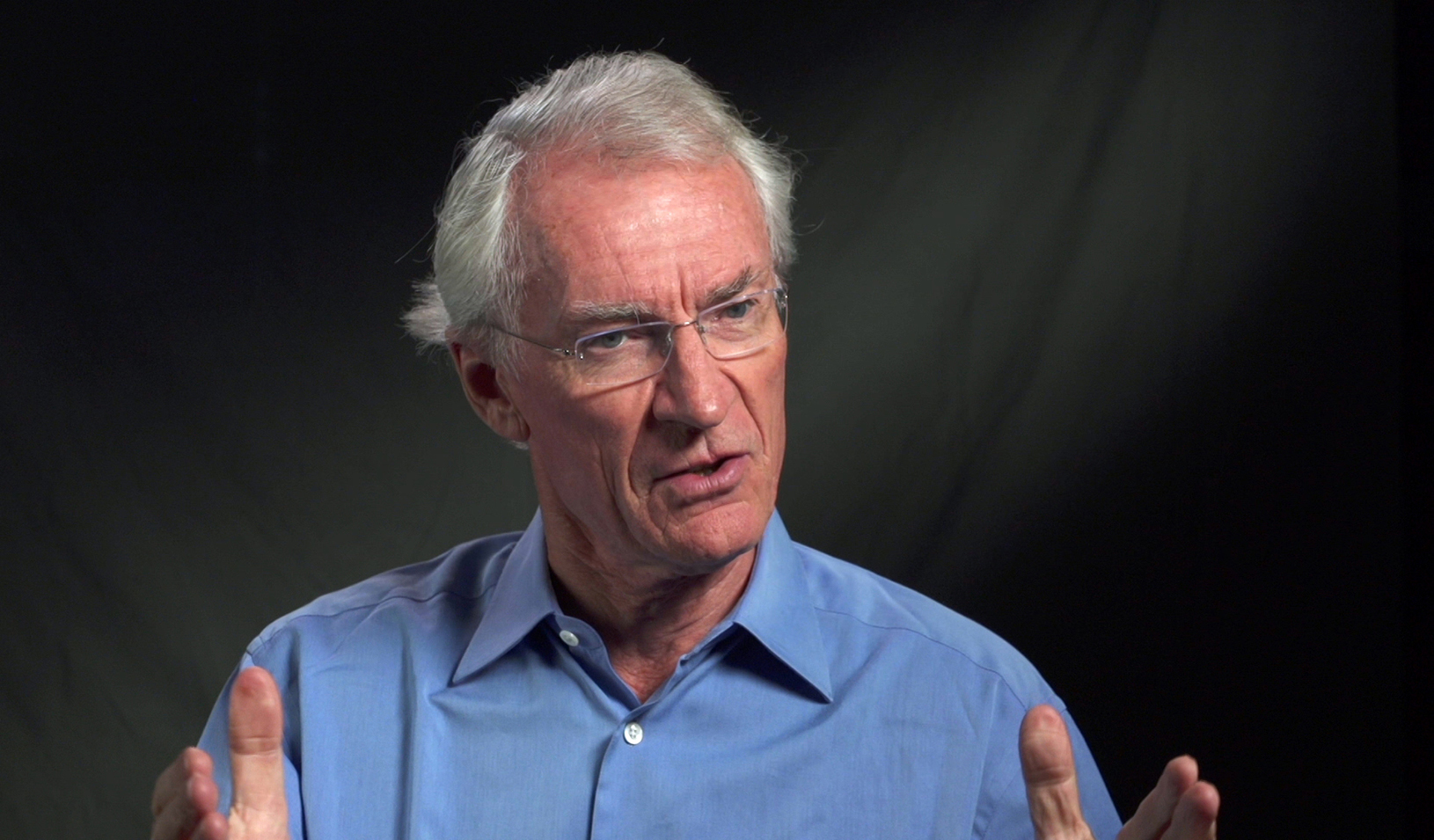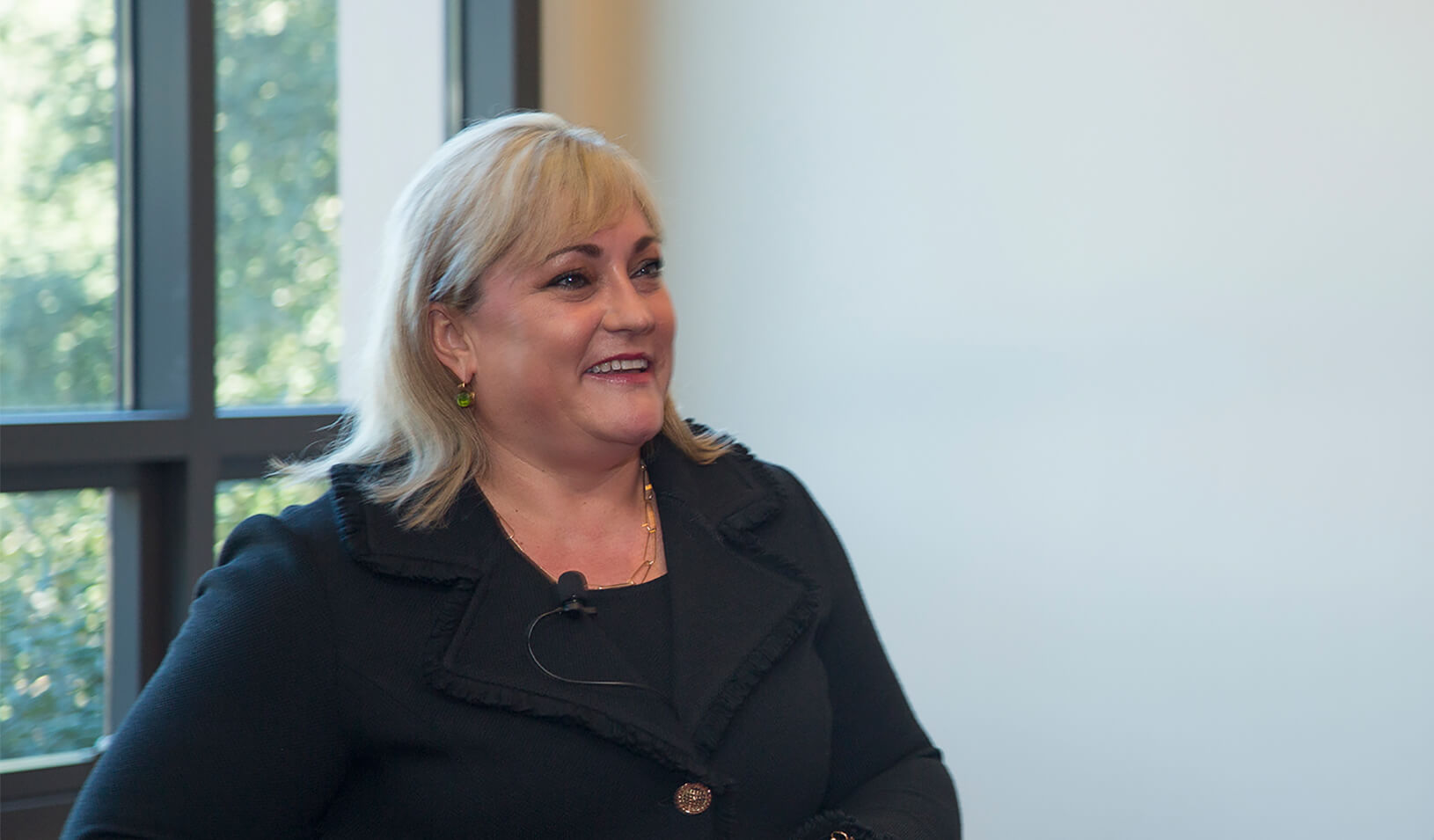
Kidney care is a very serious business, so it might seem odd that the CEO of one of the largest dialysis companies in the United States is known to don a Three Musketeers costume at company meetings and lead employees in chants of “All for one and one for all.”
But when Kent Thiry, CEO of DaVita HealthCare Partners, goes into his D’Artagnan act, he’s not being silly. A core principal of his management philosophy is community, and “if we’re going to be a community, we should have the attributes of a healthy religion, tribe, and village,” Thiry told a group of Stanford Graduate School of Business students recently. Call and response, he says, is one of those attributes, but “it doesn’t happen naturally in most companies, because they are sort of morally sterile.” Thiry likens himself to the mayor of a village, and all of the company’s 65,000 or so employees are referred to as “teammates.”
In his 16 years as CEO, Thiry has transformed DaVita from a company approaching bankruptcy to a Fortune 500 giant that serves more than 170,000 patients from more than 2,200 facilities. Envisioning the company as a village does not exclude strict metrics and performance evaluations that include public discussions of his performance as CEO, says Thiry.
During a November View From The Top talk, the 59-year-old executive shared his thoughts on how to build a winning corporate culture.
Think Like a Mayor
Like a mayor, an effective CEO needs to think broadly about the ultimate effect of corporate policies; consider the ends, not just the means, says Thiry. “Because if you are mayor of a village you care about the economy, but the economy is the means to an end, it’s not the end. You want to help the economy so you can have good schools, good parks, etc.”
Expect Skepticism
Management lectures about integrity, community, and other “soft” values are often greeted with skepticism by employees who have heard it all before, says Thiry. “Yeah, it’s motherhood and apple pie. Who doesn’t believe in integrity? Who doesn’t believe in team? What a dumb, pointless list,” some will say. “As a leader, the issue is not belief, it’s practice,” he says. “If I go a month without telling a lie, that is not living a life of integrity. Living a life of integrity is when you tell the truth when it hurts, when it’s embarrassing, when you didn’t have to,” says Thiry.
Learn How to Give a Bad Review
Earlier in his career, Thiry says, he wasn’t very good at giving critical performance reviews. “I was too intent on proving I was right. I’m right about the ways you underperformed.” Instead, a good manager needs to go to that meeting with the intention of being helpful to that person, even if it is a painful conversation. “In a village, you’ve got to maintain the health of the village,” he says. Losing a job doesn’t mean that a career is over; there are other jobs and other communities to join, says Thiry.
Be Accountable
Many companies use a 360-degree review to evaluate managers. DaVita takes it a step further. It hires an independent consultant to interview employees about Thiry’s adherence to DaVita’s core values. The findings are submitted to the board and to all of the company’s employees. “I don’t get to change them,” he says.
Know When to Take It Slow
When DaVita purchased a dialysis company a few years ago that directly competed with DaVita, the acquisition’s employees were “horrified” by DaVita’s culture. “They said, ‘It looks like a cult,’” says Thiry. DaVita management responded to those fears by saying, “Please don’t use our language unless and until it becomes comfortable. Don’t feel like you have to talk about our values or some of our concepts or the village.” DaVita employees were upset as well. They worried that DaVita’s culture would change to accommodate the new employees.
It was not an easy transition, says Thiry. But after two years, approximately 40% of the newly hired managers had become “teammates”; that is, they had fully bought into the company’s culture, while another third are still watching and observing, he says.
The CEO Is the Decider
Although DaVita places great emphasis on the village concept, Thiry, as CEO, is not afraid to overrule his team. “We do a lot of votes compared to most organizations; votes for thousands of people involved sometimes, hundreds of people involved. But I always retain the right to overrule the vote. It’s the discussion that matters,” he says.



